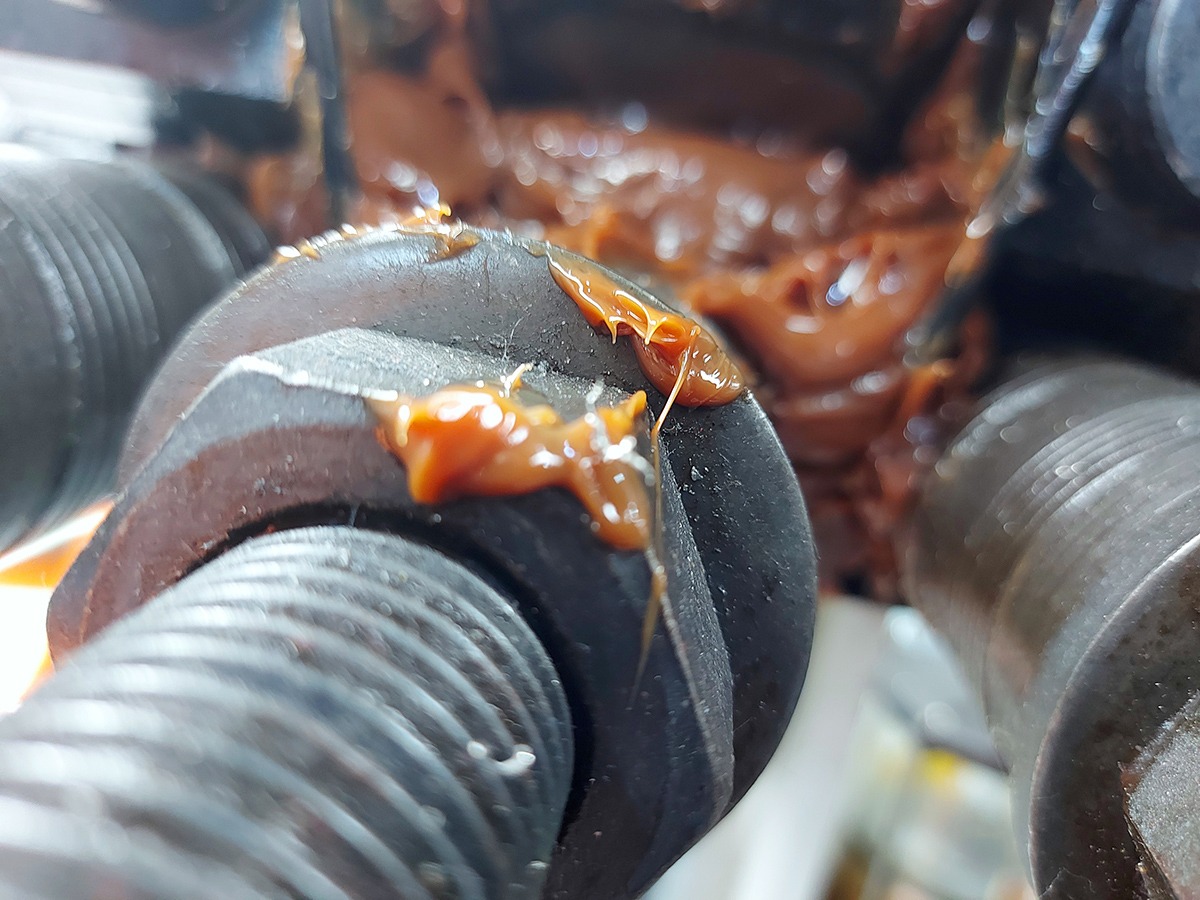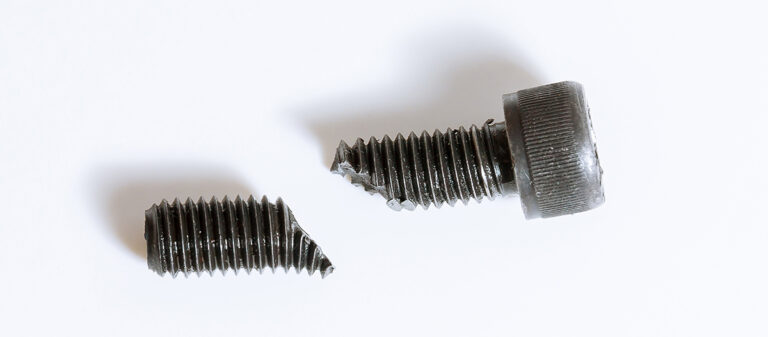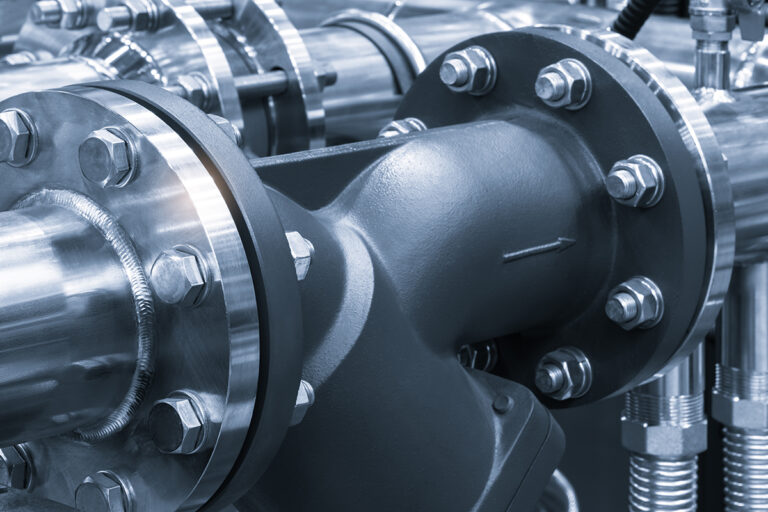Fasteners play a crucial role in structural integrity, mechanical efficiency, and overall safety in various industries, from aerospace and automotive to construction and manufacturing. While much attention is given to selecting the right type of fastener, an often-overlooked factor in achieving optimal performance is lubrication. Proper lubrication is essential for improving fastener longevity, preventing galling, ensuring correct clamping force, and enhancing torque accuracy.
Understanding Fastener Torque and Clamping Force
Torque is the rotational force applied to a fastener, while clamping force is the tension that holds components together. In theory, there should be a direct correlation between applied torque and resulting clamping force. However, friction at the fastener’s threads and under the head or nut affects this relationship significantly. Excessive friction can lead to inconsistent preload, making assemblies vulnerable to failure due to inadequate or excessive tightening.
Lubrication serves as a key element in minimising frictional variations, thereby ensuring consistent and accurate torque application. By reducing thread and bearing surface resistance, lubrication helps to create predictable preload levels, preventing over-tightening or under-tightening issues that could compromise joint integrity.
Benefits of Lubrication in Fastener Performance
1. Improved Torque Accuracy
One of the most significant advantages of lubrication is its ability to enhance torque accuracy. Unlubricated fasteners can experience high friction coefficients, leading to unpredictable variations in preload. Lubrication standardises the coefficient of friction, allowing for more precise torque control and better consistency in fastener performance.
2. Reduced Galling and Seizing
Galling occurs when excessive friction causes material transfer between mating surfaces, leading to thread damage, seizing, and even catastrophic failure. Stainless steel, titanium, and aluminium fasteners are particularly prone to galling due to their self-generating oxide coatings. Lubrication creates a barrier between these surfaces, reducing metal-to-metal contact and preventing the onset of galling.
3. Corrosion Protection
Many lubricants contain corrosion inhibitors that help protect fasteners from oxidation, rust, and environmental degradation. This is particularly important in marine, automotive, and aerospace applications, where exposure to moisture, chemicals, and extreme temperatures can accelerate fastener wear.
4. Extended Fastener Life
Reduced friction and corrosion prevention contribute to prolonged fastener lifespan. By minimising wear and tear on threads and bearing surfaces, lubrication ensures that fasteners can be reused in certain applications without compromising structural integrity.
5. Consistent Clamping Load Distribution
Uneven torque distribution can lead to assembly failures. By using lubricants, engineers can achieve a more uniform distribution of clamping forces, ensuring that the joint remains secure and capable of withstanding operational stresses.
Common Types of Fastener Lubricants
Dry Lubricants (eg. Molybdenum Disulfide, Graphite)
- Ideal for high-temperature and high-pressure environments.
- Reduces friction without attracting contaminants like dust or dirt.
- Commonly used in aerospace and military applications.
Oil Based Lubricants
- Includes motor oils, synthetic oils, and penetrating oils.
- Suitable for applications requiring frequent maintenance and reapplication.
- Provides moderate corrosion resistance.
Greases
- Offers long lasting lubrication and excellent adhesion.
- Commonly used in automotive, industrial machinery, and heavy equipment fasteners.
- Provides superior protection against water and contaminants.
Anti-Seize Compounds
- Designed to prevent galling, seizing, and corrosion.
- Contains metal based (e.g. copper, nickel) or non-metallic (e.g. ceramic) components.
- Ideal for high temperature and extreme pressure applications.
Thread Locking Compounds (e.g. Loctite)
- Not traditional lubricants but help secure fasteners against loosening due to vibration.
- Some formulations contain lubricating agents to ensure correct preload before curing.
Best Practices for Applying Lubrication to Fasteners
To maximise the benefits of lubrication, it is essential to follow best practices in application:
Select the right lubricant: Ensure compatibility with the fastener material, environmental conditions, and applications requirements.
Apply evenly: Coat both the threads and the bearing surface (underside of the bolt head or nut) to achieve uniform friction reduction.
Avoid over-application: Excess lubricant can lead to hydraulic locking or contamination in precision assemblies.
Reapply as necessary: In high-wear or high-temperature environments, periodic reapplication may be required.
Consider manufacturer recommendations: Some applications, such as aerospace and nuclear industries, may have strict guidelines regarding fastener lubrication.
Conclusion
Lubrication plays a critical role in fastener performance and torque accuracy. By reducing friction, preventing galling, protecting against corrosion, and ensuring consistent clamping force, lubrication enhances the reliability and longevity of fastened joints. Understanding the types of lubricants available and following best application practices can significantly improve mechanical efficiency and prevent costly failures. Whether in industrial machinery, automotive assemblies, or structural applications, proper lubrication should never be overlooked in the pursuit of optimal fastening performance.
Our team of experts are ready to assist you in choosing the most suitable security screws for your specific requirements.
Contact us today on 1800 776 565.
Secure Your Assets with Sentinel Group Security Screws.
Choose Sentinel Group Security & Customised Fastening Solutions.




